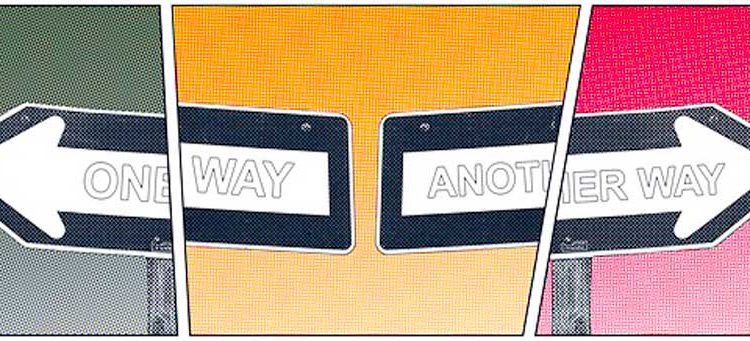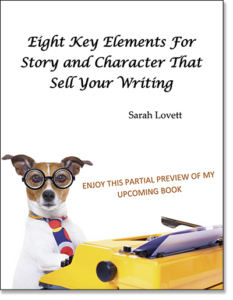A writing life can be challenging. Sure, there are blissful days (even weeks) when you fall into your stories like you’re riding a raft with a solid paddle and no leaks, and you don’t tip over and the shining sun makes glorious rainbows in the white water’s wild spray. But there are also those days author Anne Lamott notes, “…when it all feels pointless and pitiful, like Sisyphus with cash-flow problems.” (Anne Lamott, Bird by Bird (1994)) And keep in mind, Anne Lamott is kind and funny and truthful. So how do we face these ups and downs and keep …
Find Your Way Back to Joy in Writing











 Enter your email address for a free preview of my upcoming Writer's Guide and be the first to hear about writing tips, new books, writer's workshops, retreats, and resources. Get invaluable tips on your writing process and technique and your publishing options. Your privacy is always respected. Your information will not be sold. Decide you want off? With the stroke of a key, you can remove your name from our list at any time.
Enter your email address for a free preview of my upcoming Writer's Guide and be the first to hear about writing tips, new books, writer's workshops, retreats, and resources. Get invaluable tips on your writing process and technique and your publishing options. Your privacy is always respected. Your information will not be sold. Decide you want off? With the stroke of a key, you can remove your name from our list at any time.